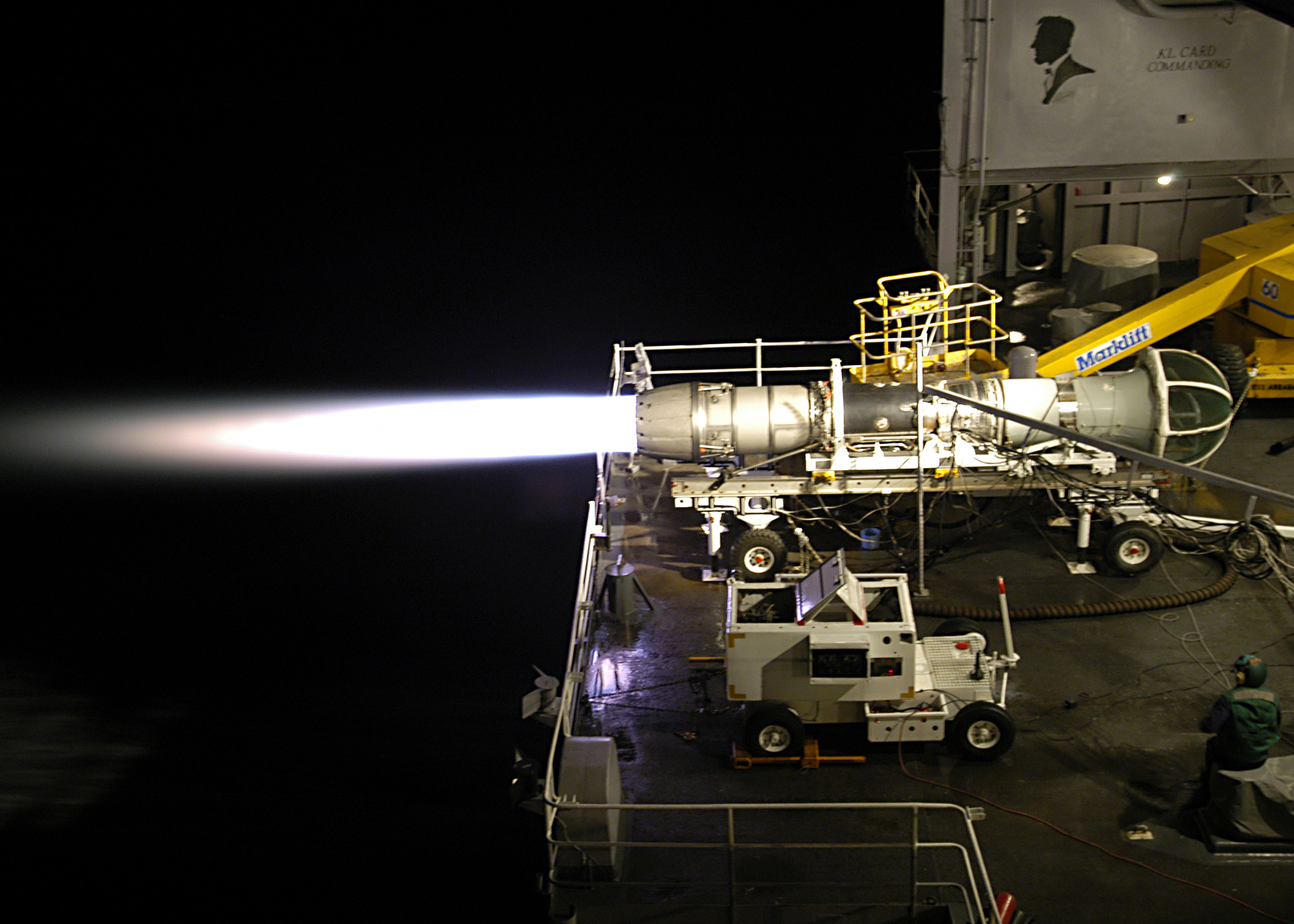In a significant boost to India’s indigenous fighter aircraft program, General Electric (GE) has delivered the second GE F404 engine to Hindustan Aeronautics Limited (HAL), marking a turning point in the production timeline of the Light Combat Aircraft (LCA) Tejas Mk1A. The delivery, completed on July 13, signals the stabilization of GE’s manufacturing line after prolonged delays that had hampered the progress of the ambitious ₹48,000 crore deal signed in 2021.
The contract, signed between HAL and the Indian Air Force (IAF), covers the production of 73 Tejas Mk1A fighter jets and 10 trainer aircraft. Although initial deliveries were planned for 2024, production lagged due to GE’s halted F404 engine manufacturing line. At the time of the order, GE had already discontinued F404 production, and it required special clearance from the Indian government to revive the supply chain.
Restarting the line proved complex. Many of GE’s original vendors had pivoted to other supply networks during the COVID-19 disruption, leading to further delays. The resulting supply bottleneck extended engine deliveries by over 18 months, significantly slowing HAL’s aircraft assembly schedule.
The first F404 engine was finally delivered on March 26, 2025. With the arrival of the second engine in July, GE has now committed to delivering two engines per month — a pace that aligns with HAL’s enhanced production capacity. This marks a major recovery for the Tejas Mk1A program, allowing HAL to ramp up production and meet revised delivery targets.
Tejas Mk1A, equipped with AESA radar, updated electronic warfare systems, and a higher payload capacity, represents India’s leap toward a 4.5-generation fighter capability. Recent images released by HAL showed aircraft tail numbers up to LA5041, suggesting that at least nine airframes are already coupled and in various stages of final integration. The initial Mk1A aircraft, LA5033, was rolled out earlier this year.
HAL had originally planned to deliver 16 aircraft annually. With the improved engine supply rate, the public sector aerospace major now aims to increase output to 24 jets per year. Despite the earlier setbacks, HAL remains confident in meeting the full delivery schedule on time.
In a further boost to India’s indigenous aerospace sector, the IAF is poised to place an additional order for 97 Tejas Mk1A fighters, which would take the total number well past 180 units. The expanded order will support HAL’s long-term production planning and justify continued infrastructure and supply chain investments.
The reestablished GE F404 supply chain and HAL’s strengthened vendor ecosystem are expected to ensure seamless integration, faster turnaround times, and better program resilience. With 12 aircraft expected to be delivered by the end of this financial year, India’s flagship fighter jet program is firmly back on track.













